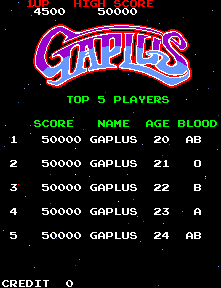
customization
Customization: The Software Tar-Baby
Vendors often pitch customization as a feature of their software: In the end, customizations and enhancements to a software solution are nearly always needed. This allows the software to be tailored to your needs, allowing for greater success, either with users or in business processes. They shouldn’t be considered










